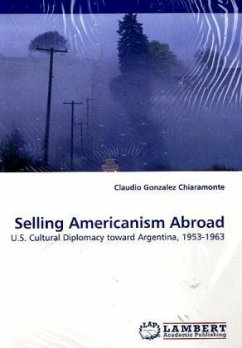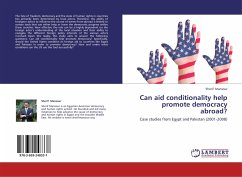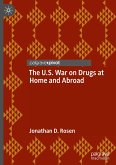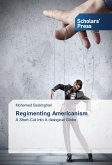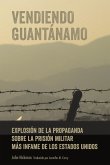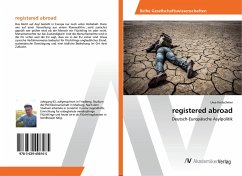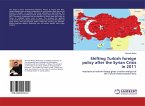In search for hegemonic leadership in post-World War II, the U. S. aimed at "winning the minds and hearts" of the cultural elites abroad through cultural diplomacy as an axis complementary with traditional diplomacy: federal agencies such as the USIA, as well as universities and philanthropic institutions developed initiatives exchange of students and leaders; the Fulbright Program; military and technical assistance; promotion of the English language, TV, and Hollywood that exported an ideology: the American dream. The book studies the U.S. conflicted relationship with Argentina through the unexpected rapprochment led by President Perón in 1953 and the unstable politics afterwards, within the context of the Cold War in Latin America. The impact of the transnational "sites of contact" for cultural exchange created by the American initiative went beyond the U. S. foreign policy goals, however; and very often the emerging local elite of institutions and professionals associated to the "more modern" American cultural field got involved in local and international political conflicts that contributed to its own division and bore contradictory diplomatic consequences.
Bitte wählen Sie Ihr Anliegen aus.
Rechnungen
Retourenschein anfordern
Bestellstatus
Storno

